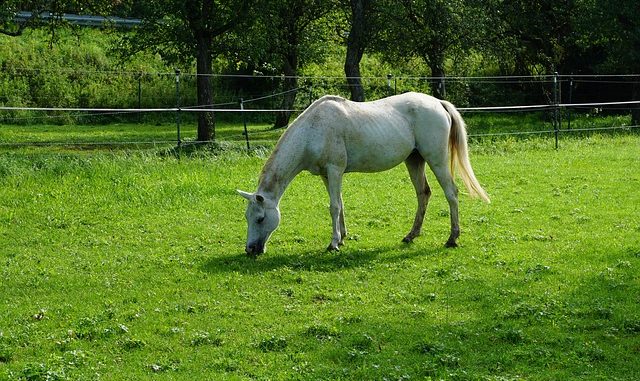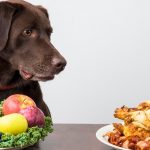
Table of Contents
Colic is the number one cause of premature death in horses worldwide, therefore educating yourself on the causes, symptoms, and steps to take in case it happens is well worth doing and could ultimately save your horse’s life. There are many misconceptions about this condition, and these beliefs can pose real threats to your horse’s health and prognosis in the event of an issue. Luckily there are several ways to keep your horse less prone to colic, as well as actions to take to ensure the best possible outcome if it happens.
Basic Indications
Although many people believe colic is a disease, it is actually a combination of several indications that occur due to intestinal displacement, gastrointestinal obstruction or abdominal pain. Therefore horses don’t get colic, instead they are colicky. If you see your normally calm horse pawing at the ground, pacing, lying down and rising repeatedly, exhibiting restless behavior, and swinging its head from one side to the other, these are common symptoms of colic.
Causes
The digestive system of your horse is highly sensitive, and therefore can be thrown off balance by several factors. Among the most frequent causes of colic are:
- Horses that eat in gulps without chewing, resulting in impaction
- Inadequate water intake, leading to impaction
- Roundworms that cause intestinal blockages
- Bloodworms that harm bowel blood vessels
- Sudden changes in diet
- Eating dirt or sand
What to Do
Make sure you know your vet’s number in case of a colic episode, as well as the location of the nearest referral facility. Before the arrival of your vet, keep your horse moving and prevent them from ingesting any food or water. Take the following vital stats to relay to your vet:
- Heart rate – normal: 28-48 beats/minute
- Respiratory rate – normal: 12-24 breaths/minute
- Temperature – 98.5-101.5
It’s also important to know what the normal stats are for your particular animal, as they may be higher or lower than the average. Also listen for any gastrointestinal sounds and keep in mind that no sound is more worrisome than some sounds.
Preventative Steps
Some contributing factors for colic are unpreventable, such as large colon displacements or colon torsions. However, there are several steps you can take in order to keep your horse as safe as possible from this condition. These include:
- Make sure they’re not feeding on the ground where it’s sandy. If the area is sandy and they must feed there, put their food on hay racks or tubs.
- Have a consistent feeding program. Make sure any changes (especially those having to do with hay) are gradual. Monitor them carefully for colic in the event of alterations.
- Remember that for horses, the more frequently they eat, the better, as their intestinal tract is developed to work constantly.
- Keep up with regular dental care. If they can’t chew their food properly, this will impact their digestive systems. Make sure they’re evaluated annually at the minimum.
- Implement good solid deworming protocols from birth. Make sure you’re including fecal checks.
- Ensure water is available at all times and monitor the intake. This is especially important in winter, when free flowing liquid can be a challenge. You may want to avoid automatic waterers because this can interfere with the monitoring, and research shows that horses prefer drinking out of buckets if given the choice.
- Work to keep your horse from cribbing. Horses that crib are at an increased risk for colic, so even if you must use a crib collar or crib basket, this could be an important preventative measure.
If your horse is exhibiting signs of colic, get him to a vet immediately. The earlier you do this, the better the prognosis will be.


